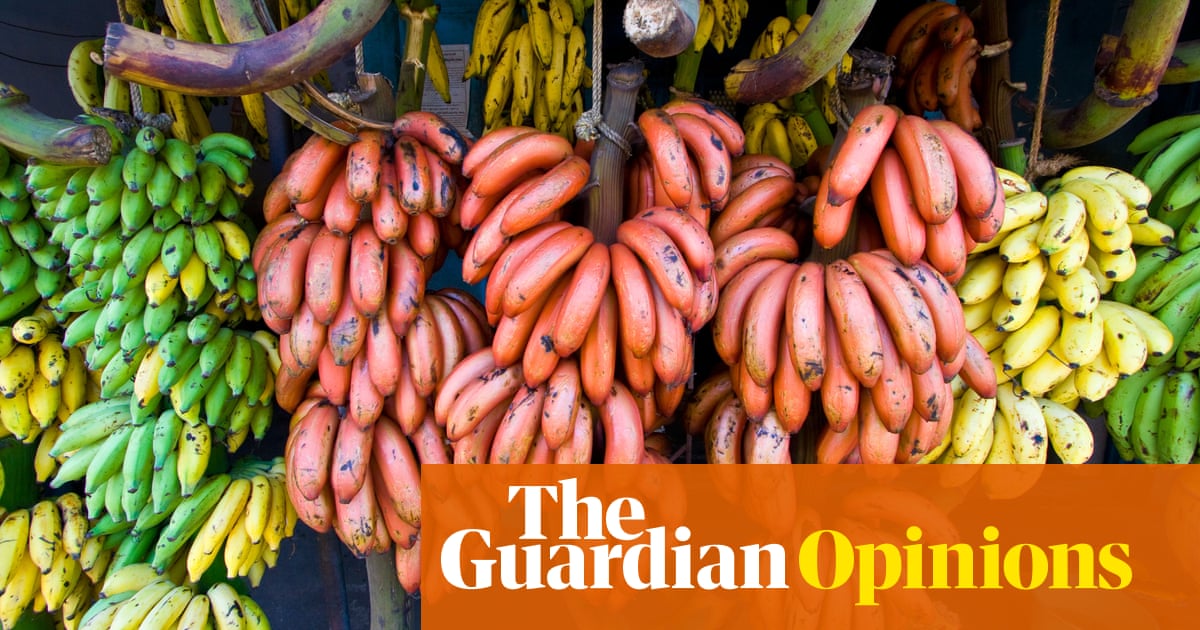Comrade Ceasefire
Simmer slowly
I see (sorry, couldn't resist) your Borges, and raise you Wittgenstein's Language Game.Why not. After all (to quote Borges), the fundamental property of the world is its complexity. Writing isn't even the world, since there everything has to be a symbol already so as to exist ^^
The symbol might exist in the author's world, but they cannot know that it's the same symbol the reader will receive or how they will interpret it.
It's difficult enough in speech. When the author and reader are separated by culture, as well as time, the possibility of misalignment can be immense.
At least in speech we have the (going out on a limb here) 'universal' utterance "Uh?", meaning I didn't quite get that, could you repeat it, possibly in another way. No such possibility exists in written communication, particularly poetry and literature.
Barthes and Foucault are out of the game. Chomsky passes.
Kyriakos?


